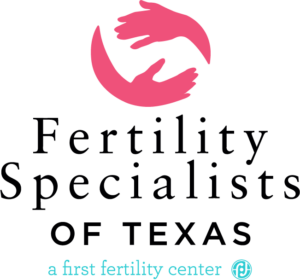Protect yourself by learning about the professions with fertility risks
 You know it’s important to live a healthy lifestyle if you want to have a baby, so you avoid cigarettes and eat a balanced diet. However, did you know that there are some professions with fertility risks? Certain jobs come with workplace hazards that can interfere with fertility. To help you protect yourself and your family-building goals, our Dallas-Fort Worth fertility center is discussing some of these jobs.
You know it’s important to live a healthy lifestyle if you want to have a baby, so you avoid cigarettes and eat a balanced diet. However, did you know that there are some professions with fertility risks? Certain jobs come with workplace hazards that can interfere with fertility. To help you protect yourself and your family-building goals, our Dallas-Fort Worth fertility center is discussing some of these jobs.
Jobs that come with workplace hazards for women and men
To have the best chance of conceiving, you need healthy eggs and normal hormone levels. However, the following list shows professions with fertility risks that can interfere with reproductive hormones and egg quality.
Dental and medical. Women in medical and dental offices can come into contact with X-rays, organic solvents, nitrous oxide and certain types of radiation. These workplace hazards can all harm female fertility.
Agriculture and manufacturing. Certain pesticides can disrupt the balance of reproductive hormones, while the chemicals used in manufacturing can also be harmful.
Night shift jobs. Studies have shown working the night shift can interfere with a woman’s reproductive hormone levels and lead to lower egg quality.
Certain professions with fertility risks can also interfere with a man’s ability to get his partner pregnant by impacting sperm health and function.
Construction and welding. The physical demands and chemicals found on construction sites can harm male fertility, while the heat and toxic gases of welding can also cause problems.
Driving jobs. Men who do a lot of driving for their work can experience the workplace hazards of exposure to heat and a sedentary job.
We can help patients in professions with fertility risks
There is no need to panic if you work in one of these professions and want to have a family. Our Dallas-Fort Worth fertility center team can provide tips to help you protect your fertility. And if you find you’re having trouble conceiving, we can find out why and create a customized treatment plan to help you have a healthy baby.
Contact us to learn more about how you can protect your fertility from workplace hazards.
